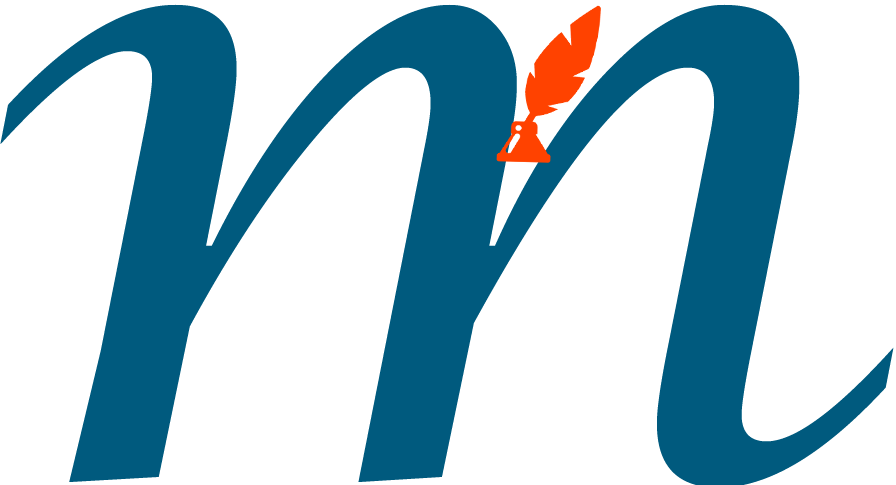The following FREE practice test is the forty-first of the Life in the UK Test. This practice exam has 24 questions in total.
All the questions are set to help you learn about the UK and efficiently prepare for the real exam because passing the Life in the UK test is part of demonstrating that you are ready to become a permanent migrant to the UK.
Keep practising until and unless you are confident enough to write the actual Test and 100% correct with your answer to our practice tests. Good Luck!!!
Select the right answer to Life in the UK Test – 41 by clicking one:
Results
%3Ca%20href%3D%22https%3A%2F%2Fbritish-citizenship-test.musitrature.com%2Flife-in-the-uk-test-41%2F%22%3ETry%20Again!%3C%2Fa%3E
#1. What name is given to the elected members of the European Parliament?
#2. How often are the elections for the European Parliament held?
#3. Which organisation drew up the European Convention on Human Rights? ? It has 47 member countries, including the UK, and is responsible for the protection and promotion of human rights in those countries.
#4. What is the Commonwealth?
#5. Which year did the UK join the European Economic Community (EEC)?
#6. Which of the following is a principle included in the European Convention of Human Rights?
#7. Which of the following countries did NOT join the European Economic Community when it was first formed in 1957?
*The UK. West Germany, France, Belgium, Italy, Luxembourg and the Netherlands formed the European Economic Community (EEC) in 1957. At first the UK did not wish to join the EEC but it eventually did so in 1973.
#8. Which of the following countries belongs to the European Union?
#9. How many countries formed the European Economic Community (EEC) when it was first created in 1957?
*The European Union (EU), originally called the European Economic Community (EEC), was set up by six western European countries (Belgium, France, Germany, Italy, Luxembourg and the Netherlands) who signed the Treaty of Rome on 25 March 1957.
#10. Some of the principles included in the European Convention of Human Rights are______.
#11. What is the main function of the Council of Europe?
#12. Most member states of the Commonwealth were once part of the British Empire, although a few countries which were not, have also joined.
#13. Who is the ceremonial head of the Commonwealth(54 member states)?
#14. Which of the following organisations has no power to make laws but draws up conventions and charters, including the European Convention on Human Rights and Fundamental Freedoms?
#15. What Treaty set up the European Union (EU), originally called European Economic Union(EEC), in 1957? ? It was set up by six western European countries: Belgium, France, Germany, Italy, Luxembourg and the Netherlands.
#16. Which Act incorporated the European Convention of Human Rights into UK law?
#17. Which of the following countries is a member of the Commonwealth?
*The Commonwealth is an association of countries that support each other and work together towards shared goals in democracy and development. Most member states were once part of the British Empire, although a few countries which were not have also joined.
The Queen is the ceremonial head of the Commonwealth, which currently has 54 member states. Membership is voluntary. The Commonwealth has no power over its members, although it can suspend membership. The Commonwealth is based on the core values of democracy, good government and the rule of law.
Commonwealth members
- Antigua and Barbuda
- Australia
- The Bahamas
- Bangladesh
- Barbados
- Belize
- Botswana
- Brunei Darussalam
- Cameroon
- Canada
- Cyprus
- Dominica
- Fiji (currently suspended)
- The Gambia
- Ghana
- Grenada
- Guyana
- India
- Jamaica
- Kenya
- Kiribati
- Lesotho
- Malawi
- Malaysia
- Maldives
- Malta
- Mauritius
- Mozambique
- Namibia
- Nauru
- New Zealand
- Nigeria
- Pakistan
- Papua New Guinea
- Rwanda
- Samoa
- Seychelles
- Sierra Leone
- Singapore
- Solomon Islands
- South Africa
- Sri Lanka
- St Kitts and Nevis
- St Lucia
- St Vincent and the Grenadines
- Swaziland
- Tanzania
- Tonga
- Trinidad and Tobago
- Tuvalu
- Uganda
- UK
- Vanuatu
- Zambia
#18. How many member states does the UN have?
#19. The North Atlantic Treaty Organisation was created to help each other if they come under attack and maintain peace between all of its members.
#20. Elections to the European Parliament use a system of________.
#21. Which of the following countries belongs to the Commonwealth? ? See the full list of Commonwealth countries after the test.
*The Commonwealth is an association of countries that support each other and work together towards shared goals in democracy and development. Most member states were once part of the British Empire, although a few countries which were not have also joined.
The Queen is the ceremonial head of the Commonwealth, which currently has 54 member states. Membership is voluntary. The Commonwealth has no power over its members, although it can suspend membership. The Commonwealth is based on the core values of democracy, good government and the rule of law.
Commonwealth members
- Antigua and Barbuda
- Australia
- The Bahamas
- Bangladesh
- Barbados
- Belize
- Botswana
- Brunei Darussalam
- Cameroon
- Canada
- Cyprus
- Dominica
- Fiji (currently suspended)
- The Gambia
- Ghana
- Grenada
- Guyana
- India
- Jamaica
- Kenya
- Kiribati
- Lesotho
- Malawi
- Malaysia
- Maldives
- Malta
- Mauritius
- Mozambique
- Namibia
- Nauru
- New Zealand
- Nigeria
- Pakistan
- Papua New Guinea
- Rwanda
- Samoa
- Seychelles
- Sierra Leone
- Singapore
- Solomon Islands
- South Africa
- Sri Lanka
- St Kitts and Nevis
- St Lucia
- St Vincent and the Grenadines
- Swaziland
- Tanzania
- Tonga
- Trinidad and Tobago
- Tuvalu
- Uganda
- UK
- Vanuatu
- Zambia




